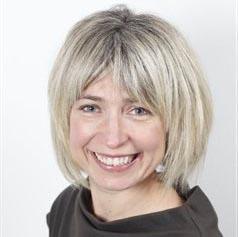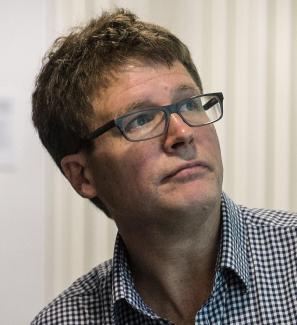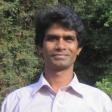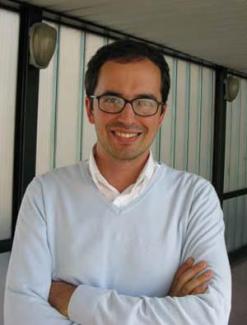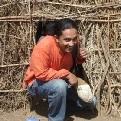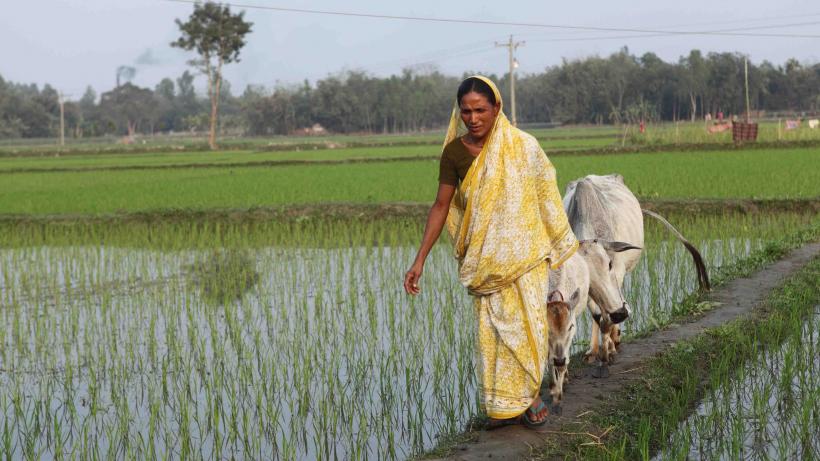Basic entrepreneurship: A big new idea in development
-
Evaluation of the BRAC ultra-poor programme in Bangladesh.
-
Targeting households of ultra-poor women, BRAC's programme has reached 1.6 million households.
-
Project led to a 37% average increase in annual earnings.
The world’s poorest people lack both capital and skills. They tend to engage in low-skilled wage labour activities that are insecure and seasonal in nature. Any attempt to alleviate extreme poverty on a large scale must therefore involve thinking about occupational change and how this process is linked to a lack of capital and skills.
To answer these questions, the IGC partnered with the NGO BRAC to implement a large-scale and long-term randomised control trial to evaluate BRAC’s targeted ultra-poor programme in rural Bangladesh. The programme focusses on women and has two aims: to help these women shift or ‘graduate’ from being ultra-poor to having the basic skills, income, and confidence to begin fending for themselves; and to help them have enough stability to gain access to the mainstream development programmes, such as microfinance.
The scale of the programme, combined with the size of the transfers, implies that this is a significant attempt to lift large numbers of women, and their dependants, out of extreme poverty. As of 2011, the programme was already reaching close to 400,000 women and a further 250,000 will be reached between 2012 and 2016. The programme offers women a menu of possible business activities, ranging from livestock rearing to small retail operations. This is coupled with complementary and intensive training in running whichever business activity they choose.
The project demonstrated that sizable transfers of assets and skills enable the poorest women to shift out of agricultural labour and into running small businesses. Four years after enrollment in the programme, the women have achieved an average of a 38% increase in income. This would be a big jump for anyone, but these are women who had previously struggled to feed themselves and their families.
Read our Growth Brief on the results from this project, Transforming the economic lives of the ultra-poor.
Project outputs

How assets + training can transform the lives of ultra-poor women: New evidence from Bangladesh

Measure for measure: How to test everything from sluggish teenagers to corrupt bureaucrats

Leaving it behind: How to rescue people from deep poverty—and why the best methods work

How to transform the lives of ultra-poor women: New evidence from Brac in Bangladesh

Lifting millions out of ultra poverty

Poor women use anti-poverty schemes to boost land ownership

Bangladesh anti-poverty programme help poorest women boost land ownership



